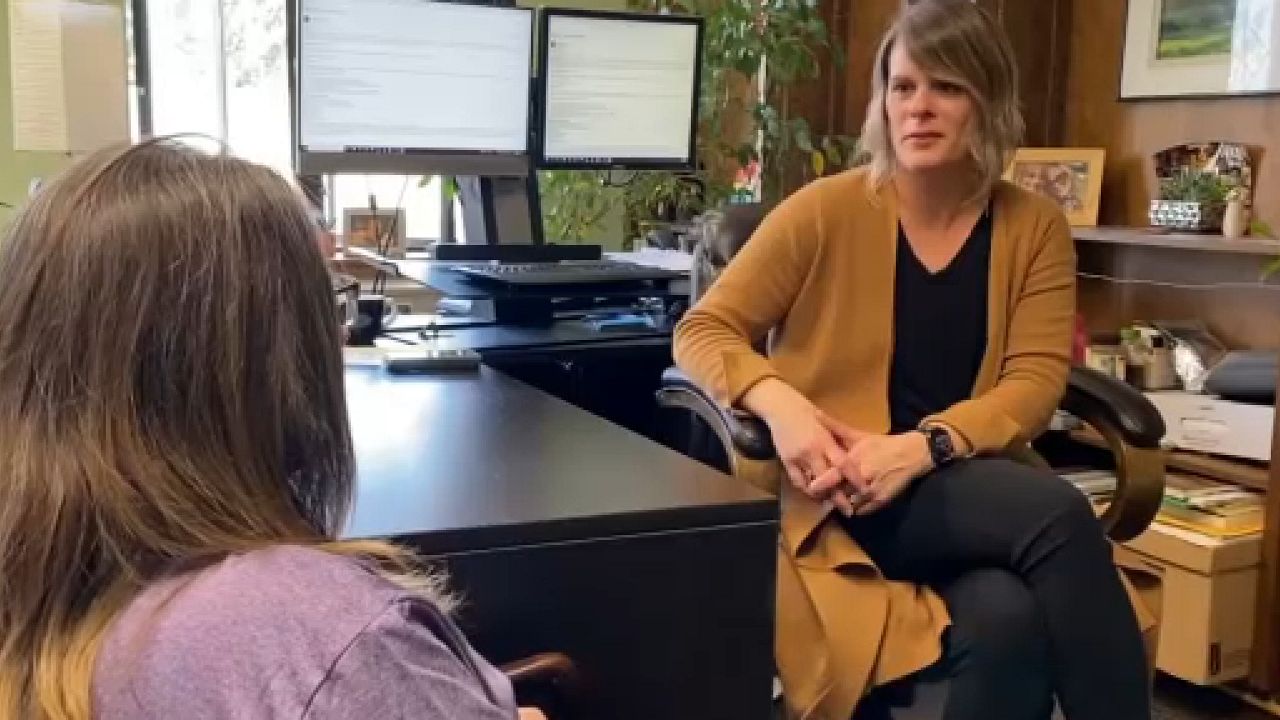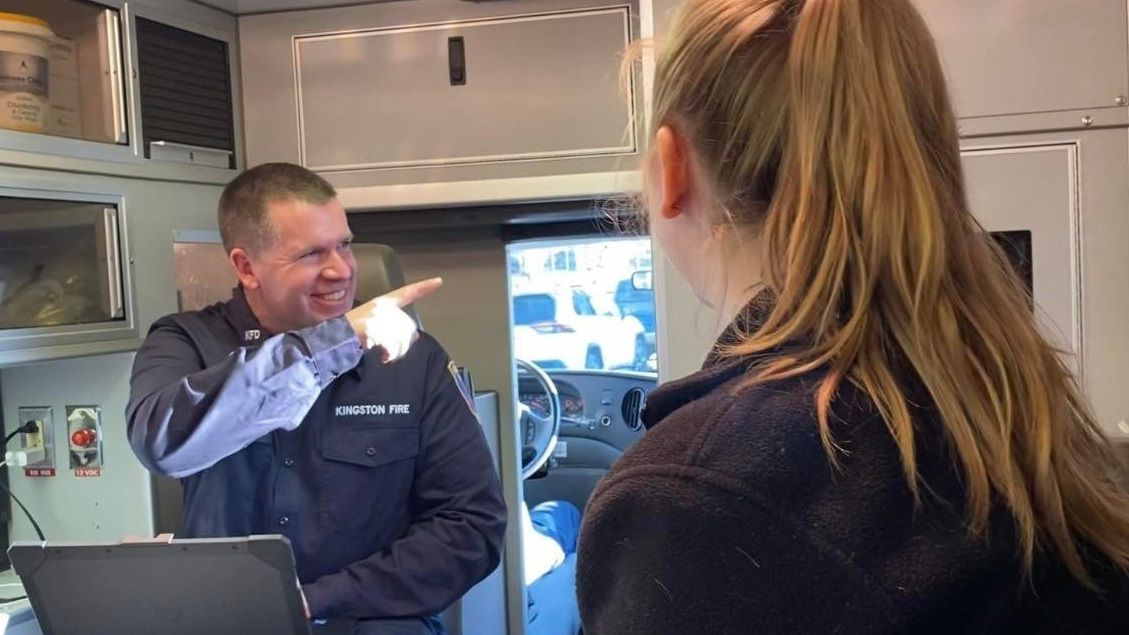The need for mental health and addiction services remains high across the nation as recent Center for Disease Control and Prevention numbers show that 2021 was a record-setting year for drug overdose deaths in the U.S.
In New York, facilities are not only navigating those issues; they’re also fighting stigma.
But one facility is trying to make a difference both in people's lives, but also in the community they operate in.
Uriel Harris has seen the pain and struggles that people facing addition deal with in the city of Kingston, especially right around the block from his Caribbean American bodega, where a mental health and addiction outreach center used to be.
“A lot ODing," Harris said. "Every 10 minutes, there’s an ambulance flying around there or fire trucks. Somebody ODed over there.”
The center, known as Samadhi, relocated three miles away outside the city and into the town of Ulster, partly due to complaints from neighbors who said the center caused disruptions.
“I never had an issue with it," Harris said. "If it's going to help somebody to live, then that’s the whole thing for me. I’m good with that.”
The services offered by Samadhi may not be glamorous, but they are critical. The need for mental health services has remained high during the pandemic.
According to the state’s Office of Mental Health, more than 800,000 New Yorkers receive mental health assistance through the state. But getting help to those in need is not always simple as neighbors to the facilities sometimes push to have them moved elsewhere, away from residential areas.
It's an issue seen across the state.
The methadone clinic Camino Nuevo in Albany is credited with saving lives, but some neighbors recently said it increased crime and drug use in the area, and suggested it be moved out of the inner city. For now, it has remained at its Central Avenue location.
Samadhi made the three-mile move out of the city of Kingston. It's still nearby, but away from residential areas. It was a move sparked not just by unsettled neighbors, but by the necessity to grow and expand services as need in the area grows.
Executive Director Dave McNamara said having a facility on three acres with double the square footage of their old space will go a long way to help folks.
“Basically, what we’re doing is we’re building a complete, wrap-around system,” McNamara said.
At the same time, they’re doing their best to help the entire public.
McNamara said the best way to fight the stigma around mental health and addiction services is through education and showing people that anyone can struggle with mental health and addiction.
“Some of the staff you met this morning, two years ago, were our most notorious clients,” McNamara said. “And now, they work here and they have a year and a half of sobriety. And that’s what happens when you’re able to see people as human beings and give them respect and give them dignity. So, I think the more that we can share that with our community and with our society, the better chance we have at reducing stigma.”










